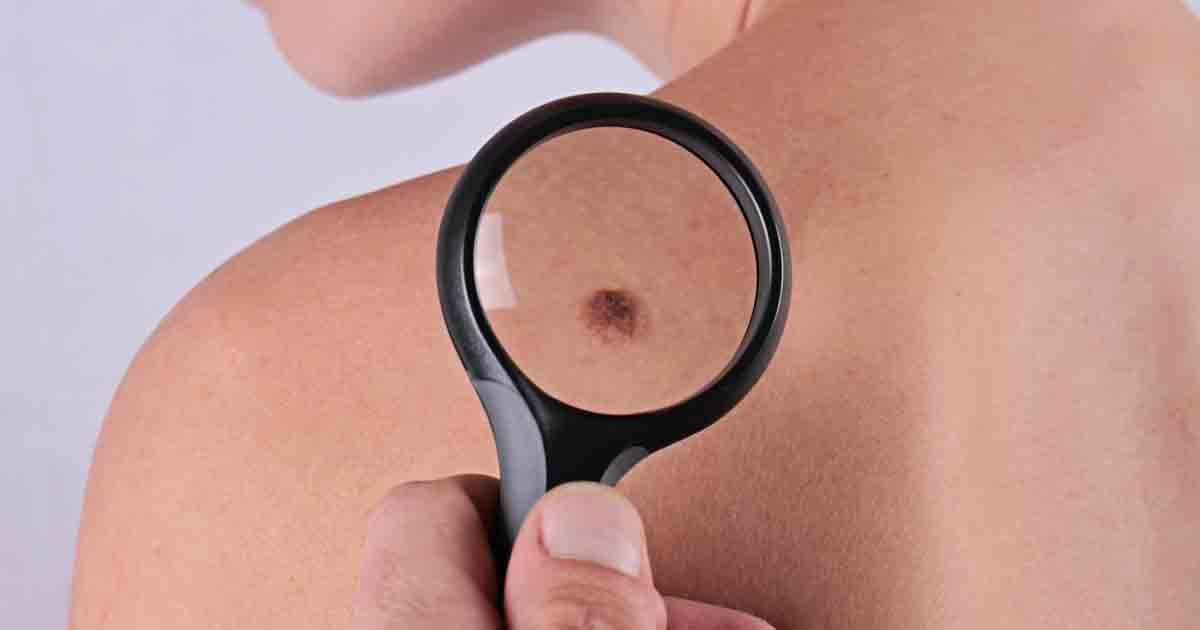Performing these self-exams could save your life from Mercola
Be honest: Do you visit the doctor as often as you should? When you were younger, you probably got regular checkups. But somewhere along the line, between your busy schedule, skyrocketing health care costs and arguing with WebMD that you are not in fact dying, your trips to the doctor may have become less and less frequent. While annual checkups and testing may play a major role in keeping you healthy and catching potential problems early on, if you feel like you just can’t come up with the time, funds or patience to make an appointment, then you should be performing regular self-exams at home.

If there’s something off inside your body, there will likely be signs begging you to pay attention. Here’s how to perform five self-exams that could potentially be life-saving:
- Skin checkCheck your skin in a well-lit room using a full-length mirror as well as a handheld mirror for spots that are hard to see. Once you become familiar with moles, blemishes, freckles and other marks on your skin, you’ll be more likely to notice a change the next time you do a self-exam. Look for new marks as well as changes in moles or freckles. If you see any concerning skin marks, including changes in symmetry, color, border or diameter of a mole, it may be time to have it checked professionally.
- Gum checkGum disease has been linked to other health problems, including pneumonia, lung disease, diabetes, stroke and heart disease. If your gums are bleeding or receding or you notice patches of discoloration, pockets or holes in between your teeth, it may be a sign of an even bigger problem. Healthy gums should be smooth and pink. Unexplained foul breath may also be cause for concern.
- Heart checkMeasuring your resting heart rate (RHR) on a regular basis may help you detect possible complications. Most adults have a RHR of 60 to 100 beats per minute. If your heart rate is slightly slower or faster than this amount, it could be due to factors such as air temperature, body size, emotions or medication use. However, it could also be more serious. To measure your heart rate manually, sit down and relax for a few minutes, then use two fingers to gently compress either your carotid or radial artery while counting the beats for 60 seconds — the number you come up with is your heart rate.
- Blood pressure checkIdeally, your blood pressure should be about 120/80 without medication. If you’re over 60, your systolic pressure is the most important cardiovascular risk factor. If you’re over 60 and have no other major risk factors for cardiovascular disease, your diastolic blood pressure is believed to be a more important risk factor.
- Hair check
Sudden changes in hair density could indicate a serious problem, such as anemia or thyroid disease. If you notice excessive hair loss or changes in your scalp, such as bumps, redness or flakes, check in with a health care professional to help you pinpoint and remedy the problem.




